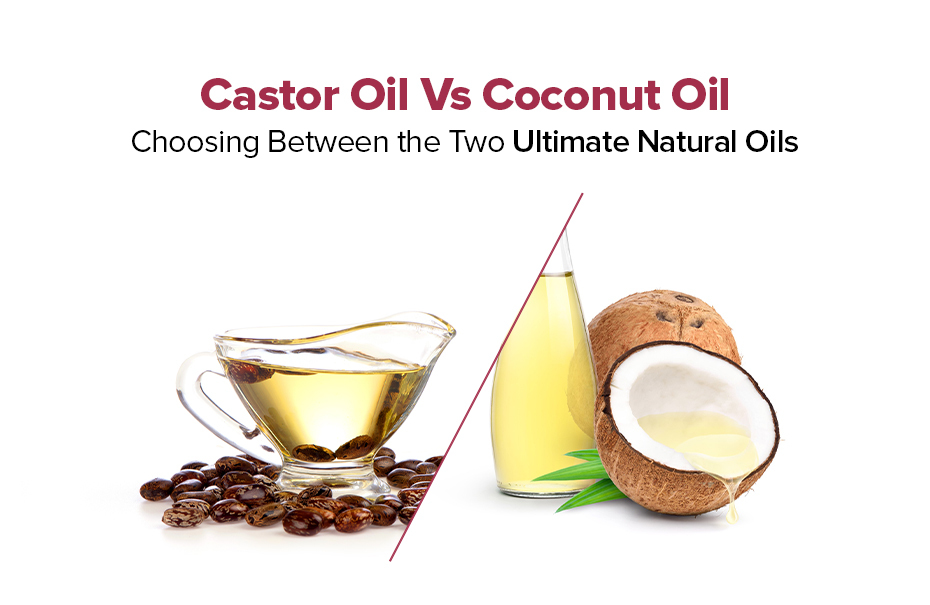Does Biodiesel have a Bright Future in the Indian Fuel Market?

The spread of biodiesel as a fuel has been a revolutionary move. This revolution has helped many nations to overcome dependence on petrol & diesel, to say the least. Biodiesel’s combustion properties are quite similar to that of diesel & petroleum.
Why does biodiesel have a bright future in India?
The reason isn’t too difficult to guess. Biodiesel causes no harm to the surrounding environment. It is absolutely safe to burn. So, biodiesel, a distant dream can very well be turned into a reality. A good alternative to diesel and petrol, it can be produced from vegetable and animal fat. Hence, it is a renewable fuel. Used up cooking oil too can be used to extract biofuel. It is of utmost importance in diesel-run vehicles. It so seems that brighter days are ahead!
Why industries prefer biodiesel in the automobile sector?
With the quality of air degrading every day, environmentalists are worried about their next move. Automobile pollutants degrade air quality considerably. Hence, we think of an alternative to save our natural resources. Biodiesel is something that does least harm to our surrounding environment. Experts believe its usage can also prevent health hazards.
Biodiesel is biodegradable and non-toxic too. So, why not use it? The emissions from biodiesel are not as harmful. Biodiesel emissions are safer to tackle. The standards are being tackled by ASTM D 6751.
Why the bias towards biodiesel?
When we incorporate biodiesel in the automobile industry, there is considerable reduction in smog. The sole reason is that it burns absolutely clean.
The economical side of biodiesels!
Biodiesels can be procured from pure castor oil and other vegetable oils. Hence, it remains on the cheaper side. Also, it comes as a relief to castor oil manufacturers in India. There might be a time when petrol and diesel may shrink as a resource. Biodiesel as a castor oil product does not produce harmful elements like sulphur. Also, there is no unpleasant smell that arises out of castor oil. The production of biofuel is highly economical. Experts say it can save you some bucks. Another advantage is that biodiesel can be distributed through diesel fuel pumps. The absence of sulphur will increase the use of catalytic convertors. And, its lubricating property will lengthen the lifetime of an engine.
Biodiesel Processing
Pure castor oil is converted into biofuel. The transformation of the fatty acids is called trans-esterification. Trans-esterification is widely used in the production of bio-fuel. The conversion of raw castor oil gets a tad complicated if the oil contains high amounts of FFA (more than 1%). Higher amounts of FFA will form soapy bubbles along with alkaline catalysts. The soap leads to reduction in separation of biofuel from glycerin. Crude oil comprises around 30% FFA. That is way beyond 1% mark. Researchers are now working with castor seeds to think of an alternative. The pretreatment step is to reduce the level of fatty acids. This needs to be done before we move to trans-esterification. The reductions in levels of FFA (to less than 1%) will get simpler if esterification is immediately followed by trans-esterification.
Esterification
Now the oil is converted into esters after the esterification & trans-esterification processes. The biofuel is almost ready to use. But there may be complicated exceptional cases where esterification might not be possible. So, determining whether castor oil can be directly esterified is of utmost importance. If the acidic value is less than 3, then raw castor oil can directly be trans-esterified. If the value remains higher than 3, there may be changes in the production procedure. It is here when esterification is followed by trans-esterification.
The Problem of Diesel Consumption
Although the importance of biofuel from castor oil and other vegetable oils is being identified, it is still not utilized fully. Why did I say that? Metros like Delhi & Gurugram together consume 16,99,000 tonnes of diesel each year. The figure is quite frightening given the fact that it does huge damage to the environment. The problem has a solution, if concentrated properly. Diesel needs to be blended with petrol. And, we can save 85000 tonnes of diesel per year. This also means better quality of air being ensured. The use of cooking oil by an average human is 15 kilos per year and the total consumption in Delhi-Gurugram region is close to 6,76, 800 tonnes per year. This figure puts environmentalists in a dilemma as to what needs to be done to reduce the consumption pattern. If we keep a margin of 10% wastage, then we could collect this (used up cooking oil) at 67,680 tonnes per year. Even wastes could be productive in the manufacture of biofuel. So, we need to make domestic users more aware.
Government’s Commitment
Biodiesel is a game-changer in a scenario that has been worsening with the passage of time. The present government came up with a Policy on Biofuels back in 2018. This would include harnessing biofuel to meet energy requirements of the nation. Currently ethanol is being mixed with petroleum. But the percentage of biodiesels in petrol and diesel stands at around 2%.
On the World Biofuel Day, FSSAI launched Repurposing Cooking Oil
(RUCO) to create an ecosystem for collection & conversion of (UCO) into biodiesel. Biodiesel can work effectively to diminish pollutants. This will invariably bring positive changes in the Global Climate Standards. Hence, we can infer that India is heading ahead of others to incorporate biodiesel as the main resource of energy.



